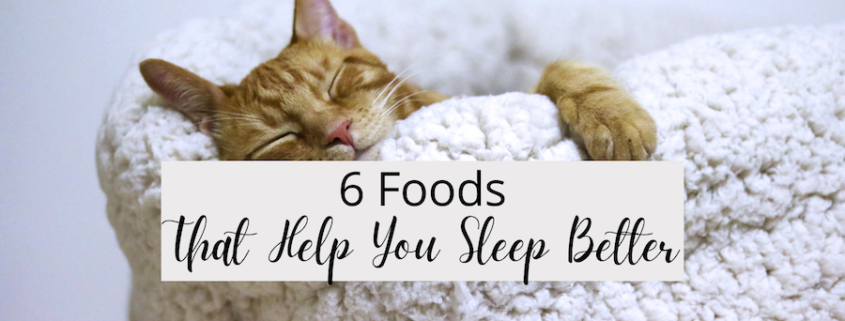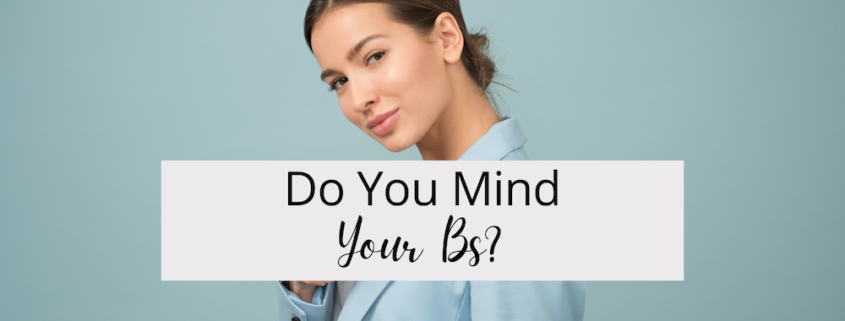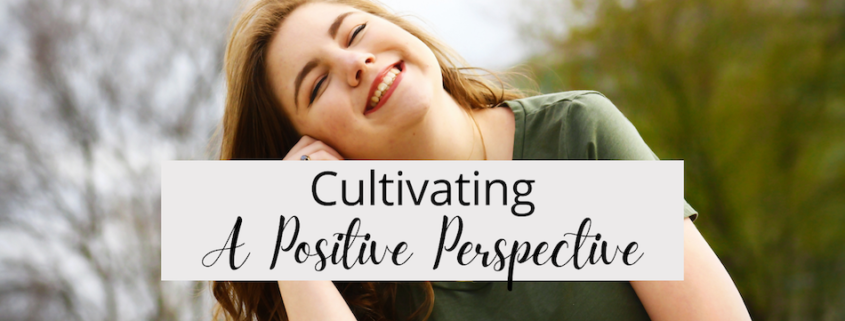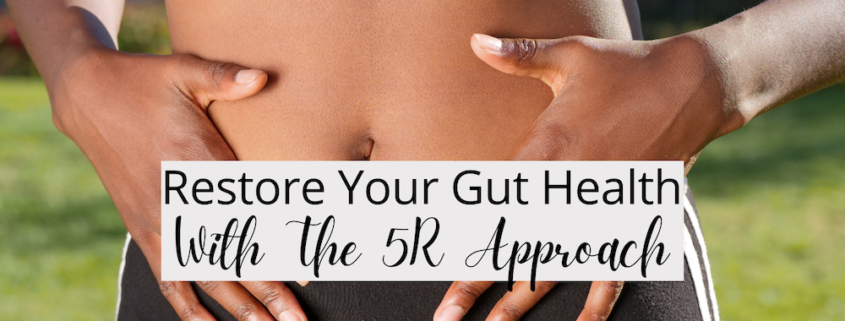6 Foods That Help You Sleep Better
Getting a good night’s sleep is essential for your physical and mental health. Unfortunately, falling asleep and staying asleep throughout the night can be challenging.
If you’re struggling to get a full eight hours, there are a number of ways to support your body. Here are some foods that can help you sleep better.










